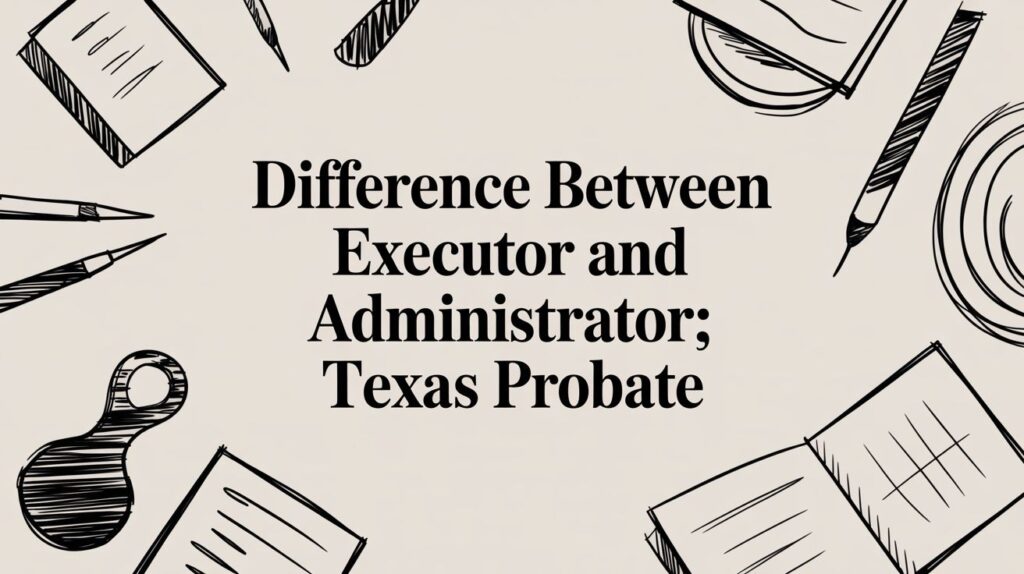Common Misconceptions About Probate in Texas
Many individuals harbor misconceptions about the probate process, often believing it to be overly complicated and time-consuming. Understanding the reality of probate can alleviate fears and encourage families to approach the process with more confidence.
For instance, a common myth is that all assets must go through probate, when in fact, certain assets like joint accounts or properties held in trust can bypass the probate process entirely. Educating yourself on these nuances can save time and reduce stress during a difficult period.
The Role of Executors in the Probate Process
Executors play a crucial role in managing a deceased person's estate during probate. This individual is responsible for ensuring that the will is executed according to the deceased's wishes, which includes settling debts and distributing assets to beneficiaries.
Choosing the right executor is essential, as this person must be trustworthy and organized. Executors often face challenges such as navigating legal requirements and managing family dynamics, making it imperative for them to seek guidance from legal professionals throughout the process.
Steps to Take After a Loved One Passes Away
When a loved one passes away, there are critical steps to take to initiate the probate process and manage their estate. The first step typically involves locating the deceased's will and filing it with the appropriate probate court.
Following this, it is important to notify beneficiaries and creditors, as well as gather all relevant documents, including financial statements and property deeds. Taking these steps promptly can help streamline the probate process and ensure that the deceased's wishes are honored efficiently.
Understanding the Timeline of the Probate Process in Texas
The probate process in Texas can vary significantly in duration, influenced by factors such as the complexity of the estate and any potential disputes among beneficiaries. Generally, simple estates can be settled within a few months, while more complex cases may take a year or longer to resolve.
It's important for families to understand this timeline to manage their expectations and prepare for the administrative responsibilities that come with settling an estate. Consulting with a probate attorney can provide clarity on the specific timeline based on individual circumstances.










